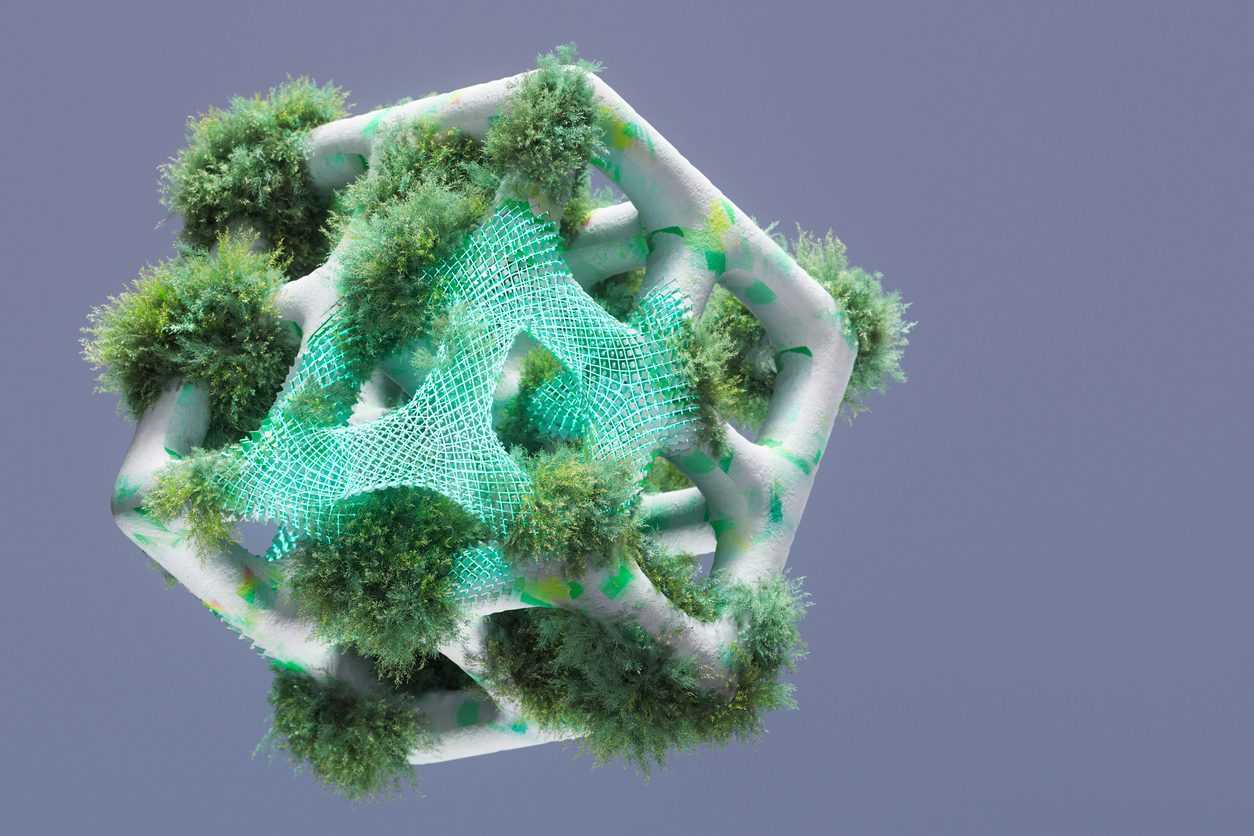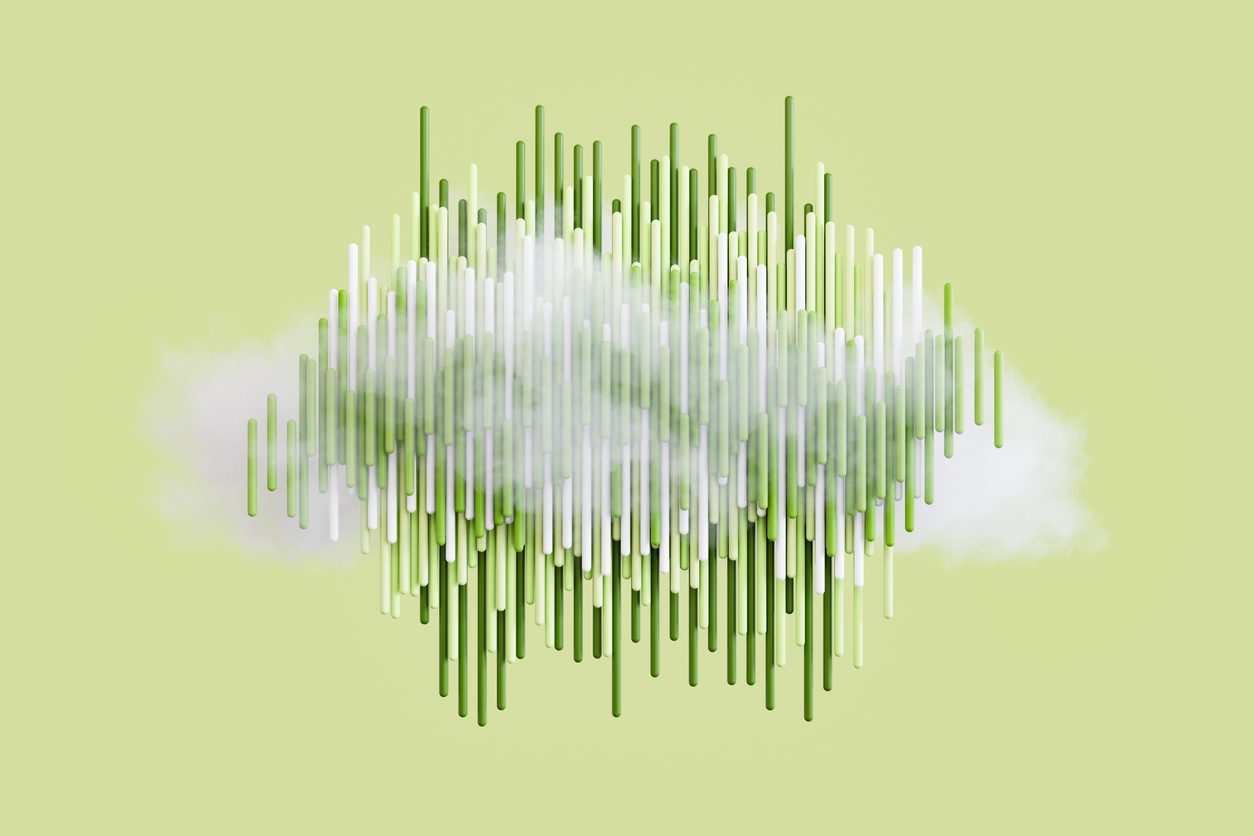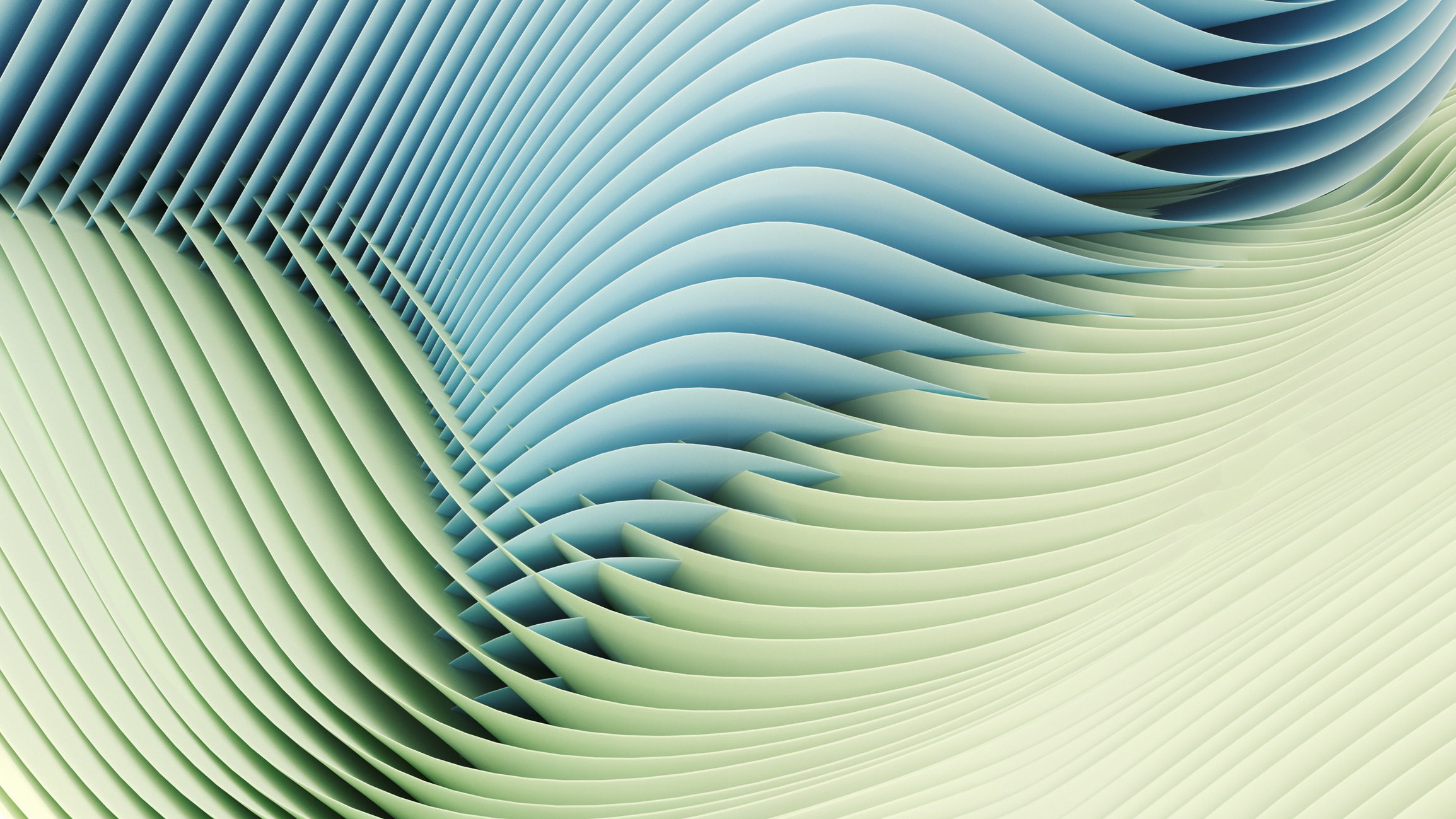With my background in physics, a career as a Patent Attorney feels like a perfect crossroads of my academic work, writing acumen and language skills. I am a European Patent Attorney and Chartered Patent Attorney at Boult, and part of our AI team.
My work with AI clients mainly involves preparing arguments to the European Patent Office. Prosecution of AI patent applications can involve a heavier focus on explaining why the invention has technical character and you really need to work to convince some patent offices that there is something “more” going on than just maths – that the invention is, in fact, technical.
As is becoming increasingly apparent, AI has the potential to transform many different industries and create new opportunities, which makes it an exciting and dynamic field. Working with AI clients (or clients branching into AI) opens up the possibility of helping to shape the future of the law around this technology.
There is quite some controversy (both in the intellectual property sector and outside it) around the use of AI to generate or modify IP, which I find fascinating. For example, recently, a number of patent applications were filed designating an AI (known as DABUS) as the inventor. Artists are also currently concerned about the use of AI to generate art – particularly whether use of existing art in training datasets may infringe their IP rights. This is another complicated subject that may require a detailed understanding of copyright law to determine whether an AI can create an “original” work and whether a “substantial part” of another artist’s work appears in the AI-generated art. I am eager to see how the law may develop as these issues begin to be investigated.





